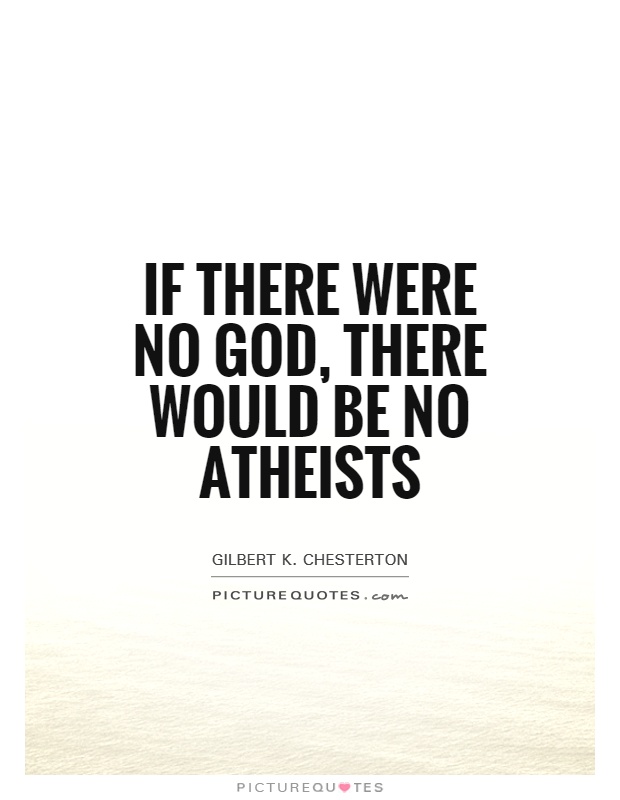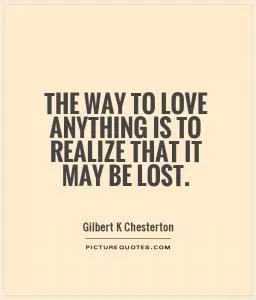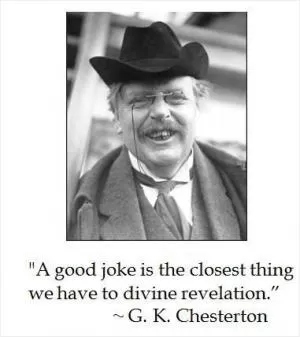If there were no God, there would be no atheists

If there were no God, there would be no atheists
Gilbert K. Chesterton, a renowned English writer and philosopher, once famously said, "If there were no God, there would be no atheists." This statement, though seemingly paradoxical at first glance, holds a profound truth that Chesterton sought to convey through his unique perspective on faith and belief.Chesterton, a devout Christian, believed that the existence of God was not only a fundamental truth but also a necessary foundation for the concept of atheism to even exist. In his view, atheism is a reaction to the belief in God; it is a denial of something that must first be acknowledged in order to be rejected. Without the concept of God, there would be no reason for anyone to identify as an atheist, as there would be nothing to disbelieve in.
Furthermore, Chesterton argued that the absence of God would lead to a world devoid of meaning, purpose, and moral absolutes. Without a higher power to guide and govern human behavior, individuals would be left to their own devices, creating a chaotic and nihilistic society. In this sense, the belief in God serves as a moral compass that provides structure and order to the world, giving meaning to human existence and guiding individuals towards a higher purpose.
Chesterton's statement challenges atheists to consider the implications of a world without God and to reflect on the role that faith plays in shaping their beliefs and values. By highlighting the interconnectedness of belief and disbelief, Chesterton invites us to explore the deeper questions of existence and to contemplate the significance of our spiritual convictions.












 Friendship Quotes
Friendship Quotes Love Quotes
Love Quotes Life Quotes
Life Quotes Funny Quotes
Funny Quotes Motivational Quotes
Motivational Quotes Inspirational Quotes
Inspirational Quotes